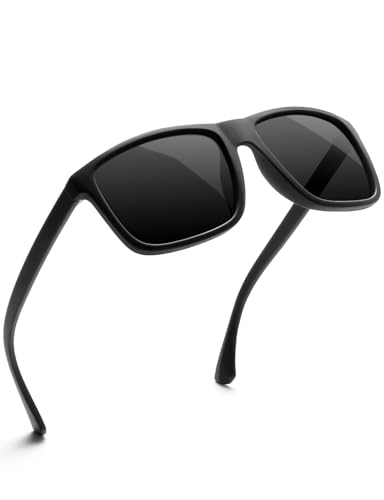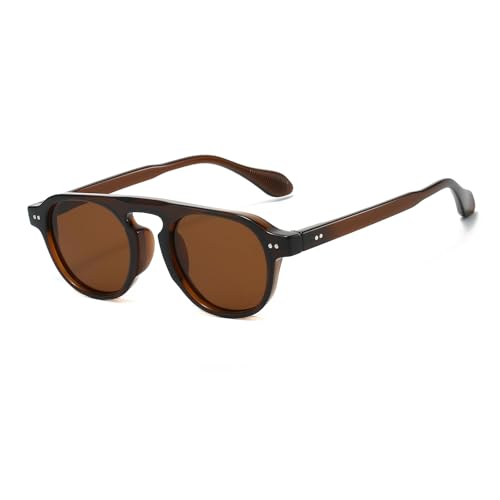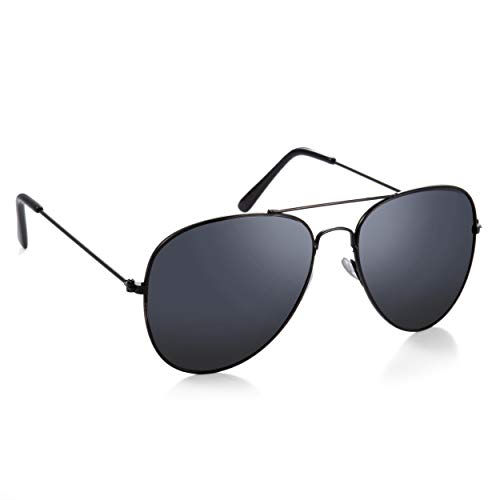The Importance of Finding the Right Glasses for Astigmatism
Astigmatism is a common vision problem that affects millions of people around the world. It occurs when the cornea of the eye has an irregular shape, causing blurred or distorted vision. While eyeglasses are a popular solution for correcting astigmatism, it is important to find the right glasses that can provide optimal vision correction. In this article, we will explore the different types of glasses that are best suited for astigmatism and how they can provide clear and comfortable vision.
Toric Lenses for Astigmatism
Toric lenses are a preferred choice for correcting astigmatism. These lenses have different powers and curvatures in different meridians of the lens, allowing for precise vision correction. Toric lenses are usually prescribed for individuals with significant astigmatism, and they can be worn in eyeglasses or contact lenses. When using toric lenses in glasses, it is important to have an accurate prescription and a lens that is properly aligned with the astigmatism axis.
Customized Prescription Glasses
For individuals with complex astigmatism or higher degrees of astigmatism, customized prescription glasses may be required. These glasses are designed specifically for an individual’s unique prescription and can provide sharper and more accurate vision correction. Customized prescription glasses are made by taking into account the person’s exact astigmatism measurements and incorporating them into the lens design. They may involve specialized lens materials or coatings to optimize visual acuity.
High-Index Lenses
High-index lenses are another excellent choice for individuals with astigmatism. These lenses are made from a material that allows for a thinner and lighter lens compared to traditional plastic lenses. High-index lenses are available in different indices, with higher index lenses providing a thinner lens profile. This can be particularly beneficial for individuals with astigmatism who may require a higher prescription, as it reduces the weight and thickness of the glasses. Additionally, high-index lenses often come with better optical clarity and reduced distortion.
Anti-Reflective Coatings
Individuals with astigmatism can also benefit from adding an anti-reflective coating to their glasses. This coating helps to reduce glare and reflections on the lens surface, improving visual comfort and clarity. Astigmatism can already cause vision problems such as halos or glare, and an anti-reflective coating can help minimize these issues. It also improves the aesthetics of the glasses by reducing the appearance of reflections and allowing for better eye contact.
Progressive Lenses for Astigmatism and Presbyopia
For individuals with both astigmatism and presbyopia (difficulty focusing on near objects due to aging), progressive lenses are an ideal solution. Progressive lenses, also known as multifocal lenses, provide clear vision for all distances by incorporating multiple prescriptions within the lens. These lenses have a gradient of powers that gradually transitions from distance vision at the top to near vision at the bottom. They can correct both astigmatism and presbyopia, eliminating the need for multiple pairs of glasses. Progressive lenses can be customized to meet the needs of individuals with astigmatism, ensuring optimal vision correction.






